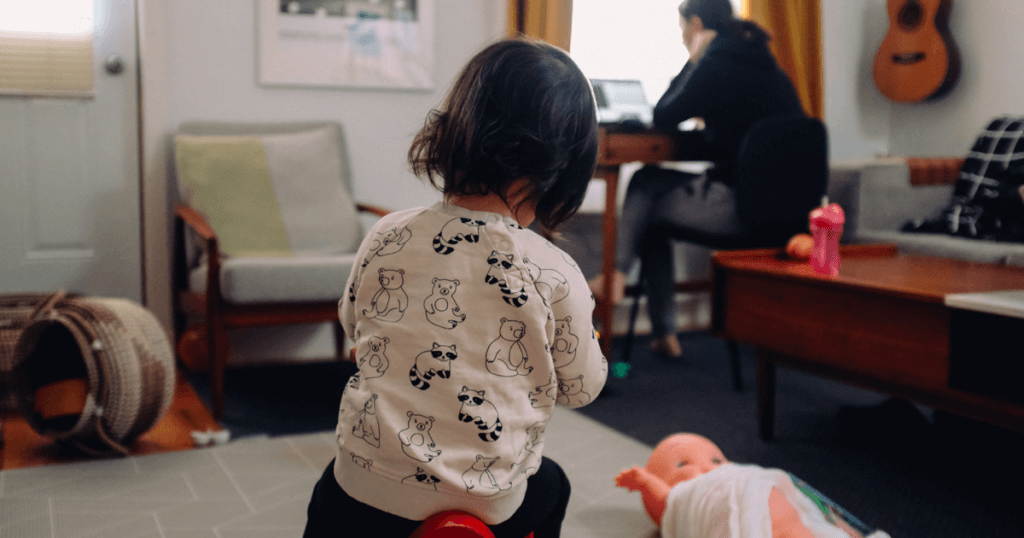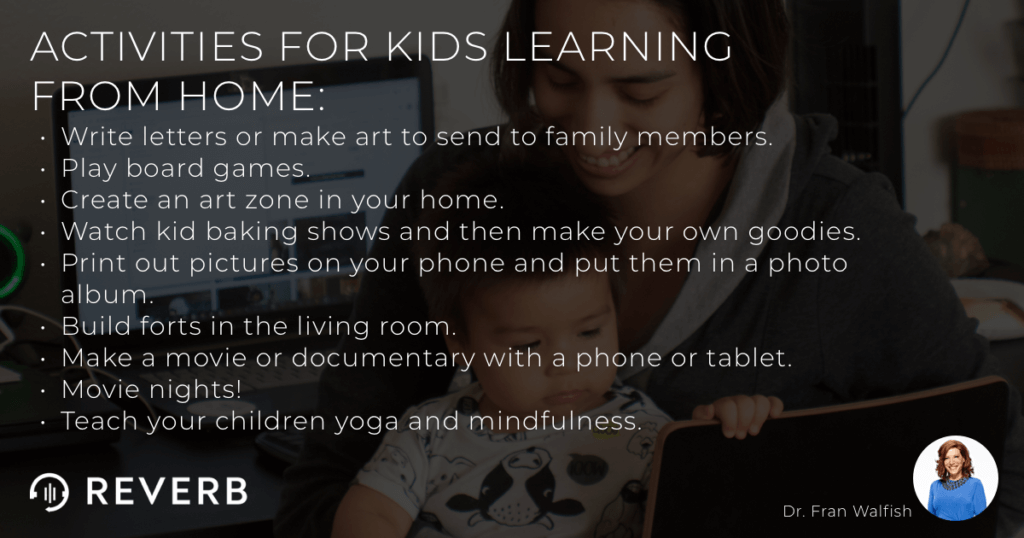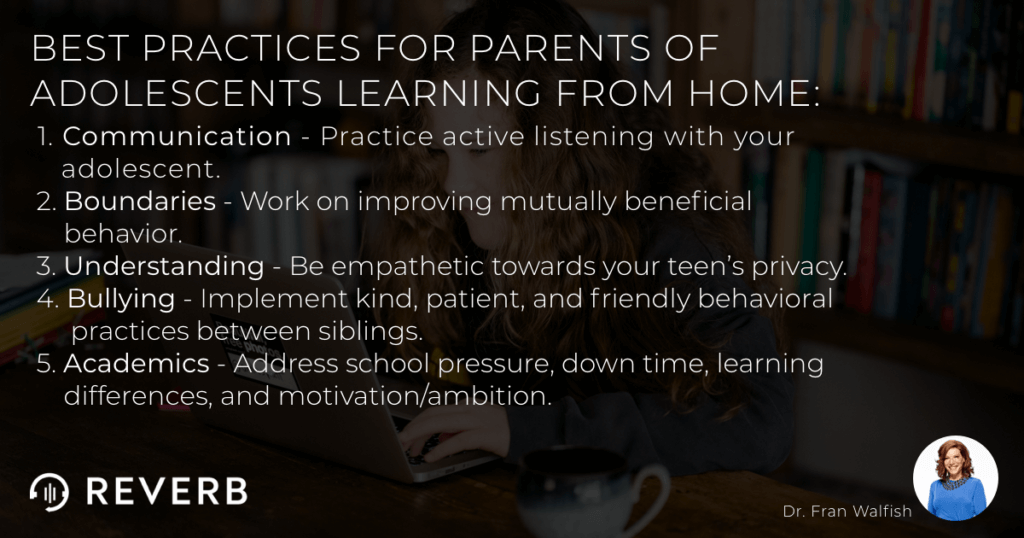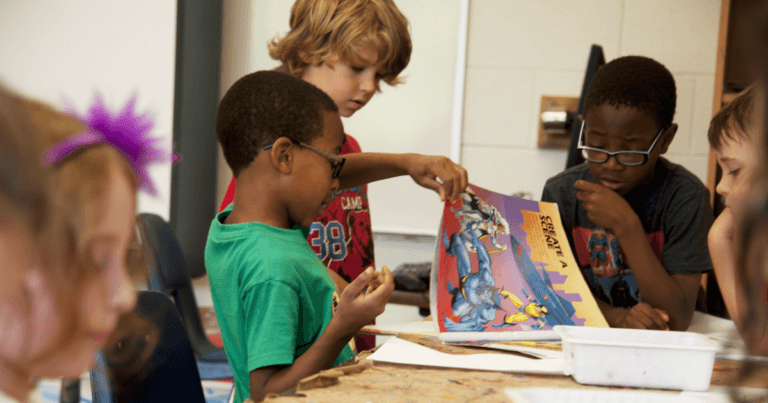The author’s views are entirely his or her own and may not always reflect the views of Reverb.
Most parents are feeling anxiety and uncertainty regarding COVID-19 and returning-to-school.
The keyword is “uncertainty.” This tends to be an anxiety trigger for most people.
Young children thrive on repetition and routine because they like to know what to expect. When routine is delivered, a child’s sense of internal security and trust is strengthened.
The same can be said for adults. However, the Coronavirus has turned the world as we know it upside down. The only thing we can count on is an ever-changing environment. One day we are told to stay home, hunkered in lockdown, and the next, we’re informed that schools will reopen for in-person classes.
Everyone is anxious…teachers, administrators, parents, and kids.
Naturally, there are ambivalent feelings. Children have been driven stir-crazy. Parents are pulling their hair juggling work-from-home with parenting and teaching their kids how to learn online.
Children at home
Children need to be approached with the attitude that, “School is your job and responsibility.” We work before we play – no dessert before dinner.
Parents are now chipping in to hire tutors to “homeschool” children from multiple families. This has become a popular pedagogy, known as “micro-schooling,” or “podschooling.”
Still, playdates and SEL interaction are diminished. Many birthday parties are delayed, celebrated only with nuclear families at home, or modified by Zoom.
Here are some things you can do with your kids as remote learning persists:
- Write letters or make art to send to family members.
- Play board games.
- Create an art zone in your home.
- Watch kid baking shows and then make your own goodies.
- Print out pictures on your phone and put them in a photo album.
- Build forts in the living room.
- Make a movie or documentary with a phone or tablet.
- Movie nights!
- Teach your children yoga and mindfulness.
Adolescents at home
Every teenager must come out of adolescence having resolved the separation process from their parents.
This means each teen must emerge with their own ideas and opinions about life, religion, relationships, morals, character, ethics, and values that may or may not match their parents’ views.
Toddlers are very egocentric. Teenagers rev-up in rebellion and self-focus as they accelerate separation and individuation from Mom and Dad.
Here’s how parents should behave with adolescents undergoing distance learning:
- Communication – “Covert Deprivation” – There is a substantial emotional disconnect between parents and teens. Both crave more intimate relationships and closeness but feel terribly misunderstood. With every negative comes a positive and the world health scare is an opportunity to teach families how to bridge the bond. Use this time to listen to your adolescents and try to hear their perspectives.
- Boundaries – This takes us into the space of boundaries, limits, and parents taking action towards disrespect and a rude attitude. Parents and teens should utilize the extra time spent at home to work on improving mutually respectful behavior.
- Understanding – Understand that your teens don’t necessarily want parents prying into their technology, social circle, alcohol/drug use, and feelings in general. Still, through being empathetic, parents can create guidelines. For example, bedroom doors must be open at all times, except while changing clothes.
- Bullying – Kind, patient, and friendly behavioral practices between siblings should be implemented and enforced.
- Academics – The following issues can be addressed and modified when adolescents are home remote learning:
- Too much pressure from schools, parents, and peers (competitiveness).
- Adolescents being overbooked with no free “down” time.
- ADHD / learning differences.
- Lack of motivation and ambition.
Be patient
Having your K-12 child home while you also do your work can be difficult… for everybody.
Remote tools for work and education are still in their infancy, and everybody is coping at best.
It’s important to remember to be patient with all the loved ones around you, your children, especially. Remember, children are very vulnerable and don’t always know better. It’s up to you to set a positive example.
Do you have any thoughts on best practices for kids learning from home? Any experiences? Please share them in the comments below!







